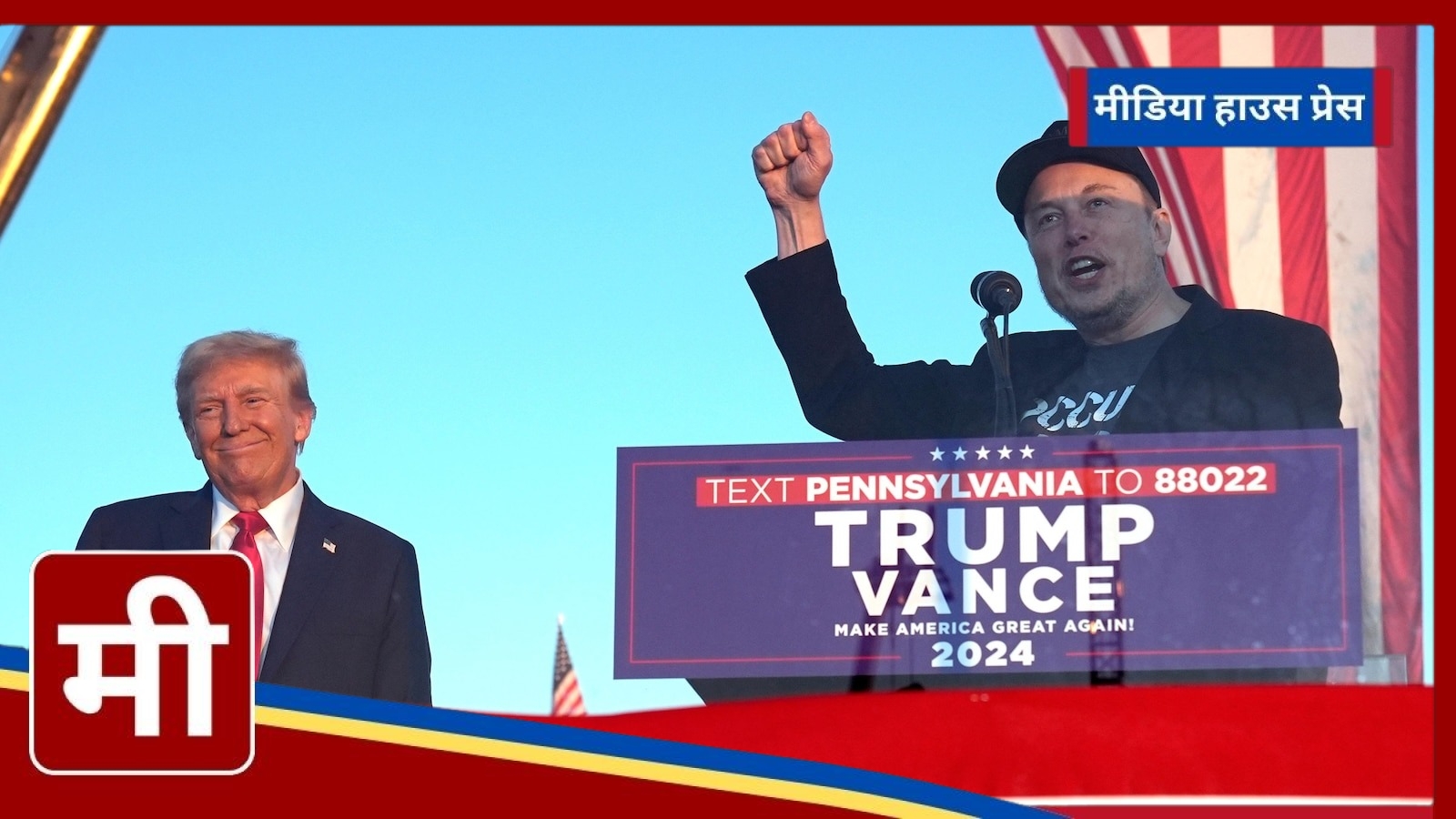The South African-born tech mogul has poured an estimated $119 million into rallying support for the Republican candidate. His social media platform X (formerly Twitter) has become a hotspot for Trump-supportive content, and Musk has personally headlined pro-Trump rallies in critical battlegrounds. But Musk’s foray into political territory has stirred growing scrutiny and legal challenges. Recently, he skipped a hearing in a lawsuit questioning his cash giveaway strategy to registered voters, which experts say resembles vote-buying. Simultaneously, he’s under investigation by the Securities and Exchange Commission (SEC), and according to reports by The Wall Street Journal, his close ties with Russian President Vladimir Putin are raising concerns in the national security community, given Musk’s billion-dollar contracts with NASA and the Department of Defense through SpaceX.
While Musk is not alone among the wealthy elite in shaping political and foreign affairs, few, if any, have openly mobilized behind a single candidate with such vast resources. His actions underscore the implications of the 2010 Citizens United ruling, which removed many restrictions on political donations. Daniel I. Weiner, director of Elections and Government at the Brennan Center for Justice, observed, “This election is brought to you by Citizens United. It’s bigger than Musk—it’s about a campaign finance system in which wealthiest donors play an outsized role.”
Musk’s alignment with the Trump campaign is relatively recent, with records showing he once made modest donations to both Democrats and Republicans, including a $5,000 contribution to Hillary Clinton in 2016. He began his sizable contributions to Trump’s political initiatives only this year, and since then, he’s gone all in, heading a Super PAC called America PAC, which is working on Trump’s voter outreach initiatives.
Challenges in Building Political Ground Support
Despite Musk’s substantial backing, the road has been rocky for America PAC’s on-the-ground operations. In rural Georgia, for instance, America PAC has shown minimal activity. Republican strategists monitoring field operations have noted a lack of voter outreach materials typically left behind at unvisited homes—a standard practice in remote areas. In Nevada, three individuals familiar with the campaign allege that hired operatives may have manipulated data-tracking apps, creating an impression of increased engagement to earn more for work they didn’t actually complete.
Musk, reportedly frustrated by internal issues, has brought in close associates from his business ventures, including Steve Davis, president of Musk’s tunneling venture, The Boring Company. The New York Times previously reported on Davis’s role with America PAC, adding that Musk remains cautious about his political allies’ effectiveness on the ground.
Legal Battles Over Cash Giveaways to Voters
In Philadelphia, District Attorney Larry Krasner filed a lawsuit on Monday to halt Musk’s $1 million sweepstakes, intended as an incentive to gather Trump support. Musk had announced the cash incentive, offering up to $1 million daily to registered voters who sign a petition supporting the U.S. Constitution, raising questions about its legality. Election law experts cautioned that such giveaways might be crossing into vote-buying territory, given that participants must be registered to vote.
Krasner’s lawsuit argues that the cash giveaway mirrors an illegal lottery. The Justice Department issued a warning letter to America PAC, alerting them that such offers might infringe upon federal election laws.
Tesla, SpaceX, and National Security Risks
Beyond the election, Musk faces scrutiny over his business ventures, particularly Tesla and SpaceX. The National Highway Traffic Safety Administration (NHTSA), the chief regulatory body for Tesla, has a dozen or more recalls underway, some of which Tesla contested. Musk’s claims that Tesla is on the verge of deploying self-driving vehicles are also being investigated, as these claims significantly drive shareholder optimism and Tesla’s stock value.
The Department of Justice (DOJ) and the SEC have subpoenaed Tesla for information regarding its Full Self-Driving (FSD) capability, vehicle functionality, and data privacy practices, among other issues.
Musk’s management of X has also attracted Biden administration scrutiny. The Federal Trade Commission (FTC) is investigating Musk’s handling of consumer data on the platform since his acquisition, while the SEC is evaluating Musk’s purchase of the social media company.
Since declaring his support for Trump, Musk has openly used X as a vehicle for Trump-aligned messages, modifying content moderation policies to align with his political stance. Since Musk’s endorsement of Trump, the platform has become a de facto megaphone for Trump’s campaign, offering unprecedented free promotion that would otherwise cost millions.
Musk’s Ties with Putin Fuel National Security Concerns
National security concerns were heightened with recent revelations that Musk is in regular contact with Putin, which foreign policy analysts have called troubling. The Pentagon and NASA rely heavily on Musk’s SpaceX for launching surveillance satellites and transporting astronauts. According to The Wall Street Journal, during one interaction, Putin allegedly requested Musk refrain from activating his Starlink satellite system over Taiwan, aligning with Chinese President Xi Jinping’s stance. Russia has denied the alleged interaction.
Musk’s aerospace company, SpaceX, disputed the Journal’s report, citing that Starlink’s absence in Taiwan is due to lack of licensing approval, rather than any alignment with Russia or China.
Michael McFaul, former U.S. Ambassador to Russia, commented on Musk’s communications with Putin, stating, “Putin is a war criminal who is slaughtering civilians. You have to choose a side. Are you on Team America, or Team Russia?”
Musk’s visibility and influence in politics may offer him unprecedented leverage, but it also comes with mounting challenges and legal scrutiny that could shape not only the outcome of the 2024 election but his own corporate ventures and national security.

